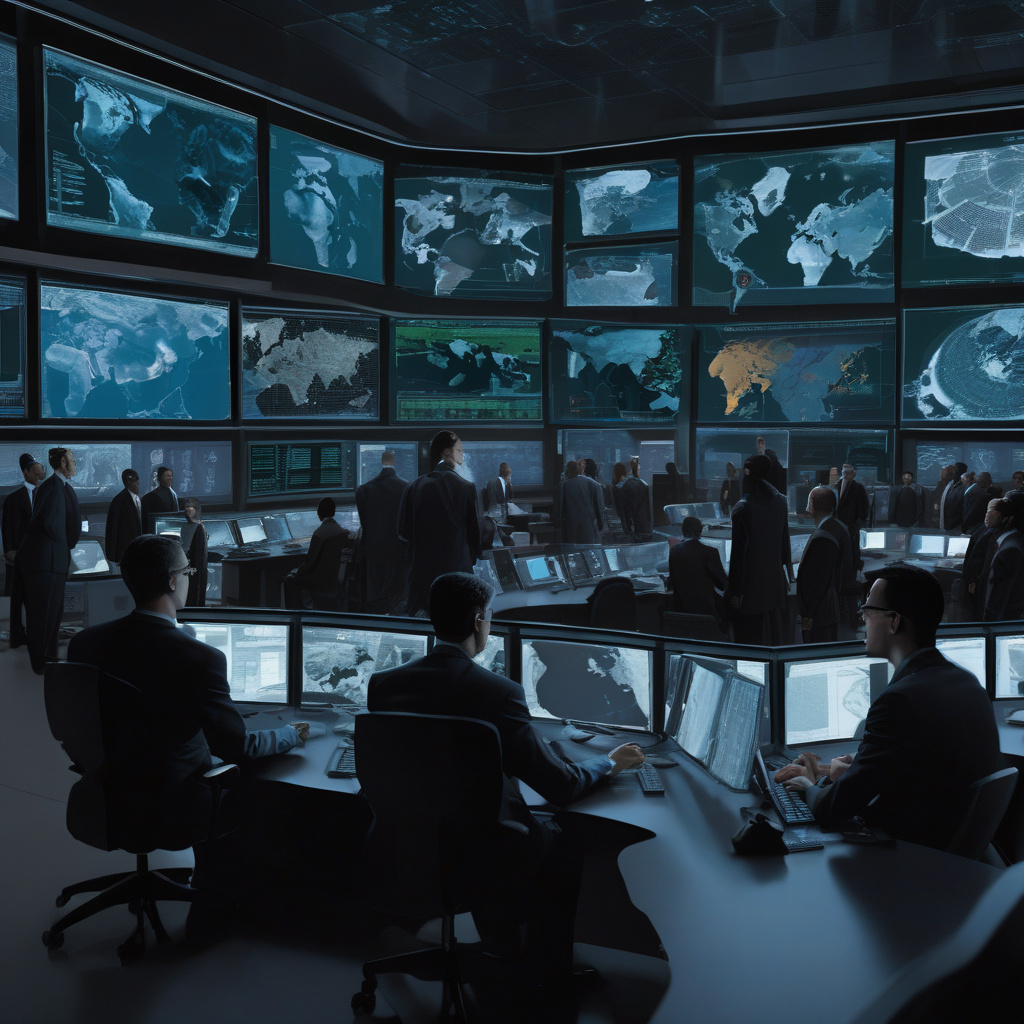In a world where traditional warfare is no longer the sole battleground for nations, the rise of cyberwarfare has reshaped the landscape of geopolitical conflict. The ongoing tensions between Israel and Iran serve as a poignant example of how nations are leveraging cyber operations and hacktivists to gain strategic advantages and inflict damage on their adversaries.
Cyberwarfare, with its ability to disrupt critical infrastructure, steal sensitive information, and sow chaos among populations, has become a powerful tool in the arsenals of nations seeking to assert their dominance on the global stage. The conflict between Israel and Iran underscores the increasing importance of cyber capabilities in modern warfare, where the click of a mouse can be as destructive as a traditional missile strike.
One of the key aspects of cyberwarfare is its asymmetrical nature, allowing smaller or less technologically advanced nations to level the playing field against larger, more powerful adversaries. Iran, for instance, has been accused of using cyber operations and proxy groups to target Israeli infrastructure and organizations, demonstrating how cyber capabilities can be used to offset conventional military superiority.
Moreover, the use of hacktivists—individuals or groups who use hacking for political purposes—has added a new dimension to modern conflict. These non-state actors can be employed by nations to conduct cyber attacks without directly implicating themselves, blurring the lines of attribution and complicating response efforts.
As cyberwarfare continues to evolve, it poses significant challenges for policymakers, military strategists, and cybersecurity experts alike. The interconnected nature of the digital world means that an attack on one nation’s infrastructure can have far-reaching consequences, leading to potential escalation and unintended consequences.
In the face of these challenges, international cooperation and the development of norms and rules for cyberspace are becoming increasingly important. Establishing clear guidelines for acceptable behavior in cyberspace and defining red lines can help prevent miscalculations and reduce the risk of escalation in cyber conflicts.
The conflict between Israel and Iran serves as a stark reminder of the growing influence of cyber capabilities in modern geopolitics. As nations continue to invest in and develop their cyber capabilities, the lines between war and peace, aggression and defense, are becoming increasingly blurred. It is essential for the international community to address these challenges collectively and develop robust frameworks to ensure stability and security in the digital age.
In conclusion, the rise of cyberwarfare is fundamentally changing the nature of geopolitical conflict, with nations increasingly turning to cyber operations and hacktivists to achieve their strategic objectives. The ongoing tensions between Israel and Iran highlight the complex dynamics at play in the world of cyber-augmented warfare, underscoring the need for international cooperation and norms to navigate this new frontier effectively. As we move forward in this digital age, understanding and addressing the implications of cyberwarfare will be crucial for maintaining peace and security in an ever-evolving world.

